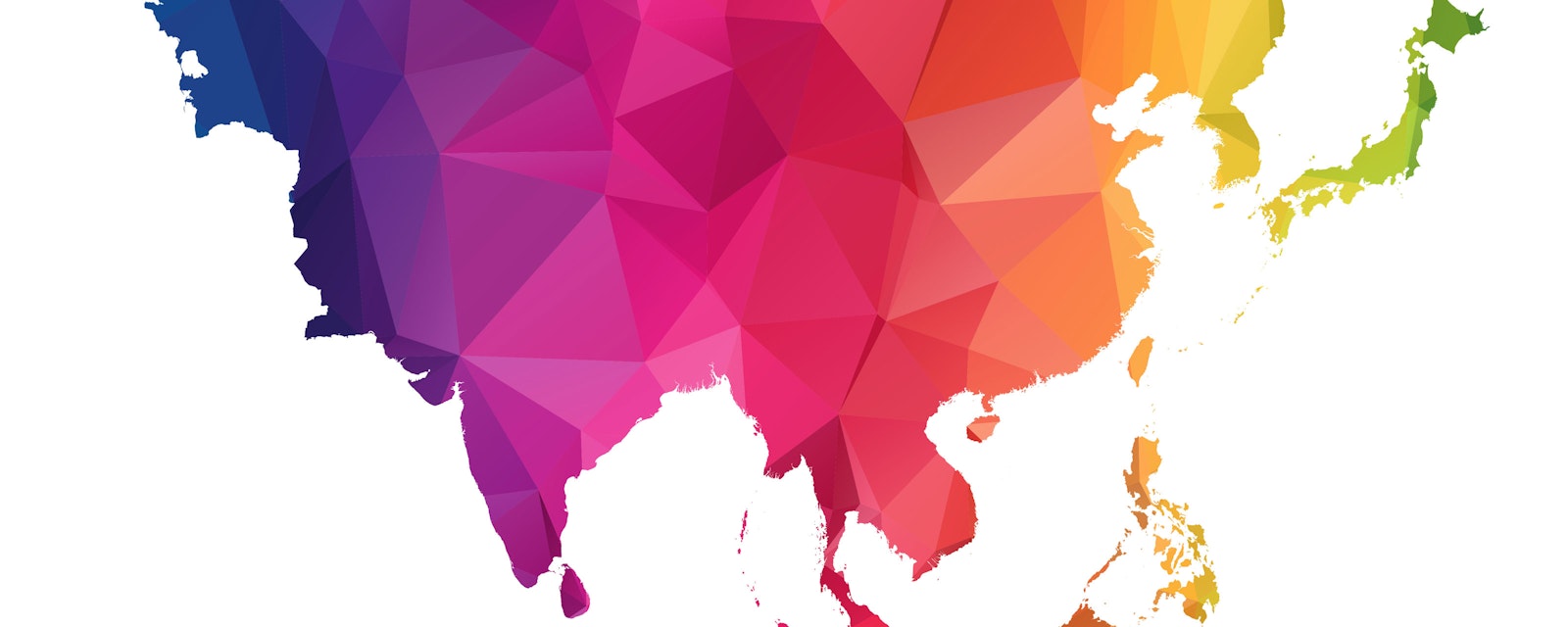On Saturday, 19 January, Japan hosted the first meeting of trade ministers from the 11 Trans-Pacific Partnership (TPP) member countries since the revised Comprehensive and Progressive Agreement for the Trans-Pacific Partnership (CPTPP) came into effect at the end of 2018.
While the group is still waiting for four signatories – Malaysia, Brunei, Chile, and Peru – to ratify the agreement, the trade ministers used this meeting to begin discussing the process for bringing new members into the bloc. With the World Trade Organization (WTO) mired in disputes between the US and other major economies, the CPTPP may be the most promising vehicle for deepening not just regional but global economic integration, although expansion could be a time-consuming process.
While the ministerial meeting concluded agreements in several areas related to the bloc’s rules, the meeting’s agreement on accession rules will have the greatest impact. According to Saturday’s agreement, new members will be expected to consult informally with existing members before seeking formal accession, after which the bloc’s commission will review the application and decide whether to begin accession talks. All existing members will have to agree for talks to proceed. The accession guidelines state that aspiring members will have to demonstrate not only their commitment to complying with existing rules and even demonstrate “efforts to date” from the start of accession talks, but also their commitment to the CPTPP’s goal of the “highest standard of market access.” At the same time, in their joint statement the trade ministers reiterated that CPTPP is open to all aspirants “willing to meet [its] high standards.” Between its advanced trade and investment rules and its openness to applications from anywhere in the world, CPTPP expansion could eventually fill the vacuum left by the failure of successive WTO rounds to update global trading rules, with CPTPP’s appearing as an elite “club” within the fractured global system.
However, it is unlikely that the bloc will begin considering expansion until the remaining four members have ratified the agreement. Malaysia in particular has wavered on ratification, since it was signed before Prime Minister Mahathir Mohamad returned to power in May 2018 and Mahathir has sought to review Malaysia’s participation. Before the ministerial meeting, Malaysian Trade Minister Darell Leiking said Malaysia would not be pressured to ratify. Once the group is willing to consider new members, domestic politics in potential aspirants suggest that it could take more time before any country can formally apply for membership. Thailand, for example, may be one of the most promising aspirants, but it may be difficult for it to start the accession process before general elections are held. The United Kingdom has suggested that CPTPP participation could be central to its post-Brexit trade strategy, but some existing members are not necessarily eager to prioritize talks with the UK. South Korea and Indonesia have also suggested that they could be interested and have studied participation, but neither government is ready to commit. Finally, Taiwan is eager to join but existing members could be wary of alienating China. Thus, although some members, Japan especially, are eager for the agreement to expand to eventually include even China and the European Union (as well as the US again), the first round of expansion will be a complicated, time-consuming process.




